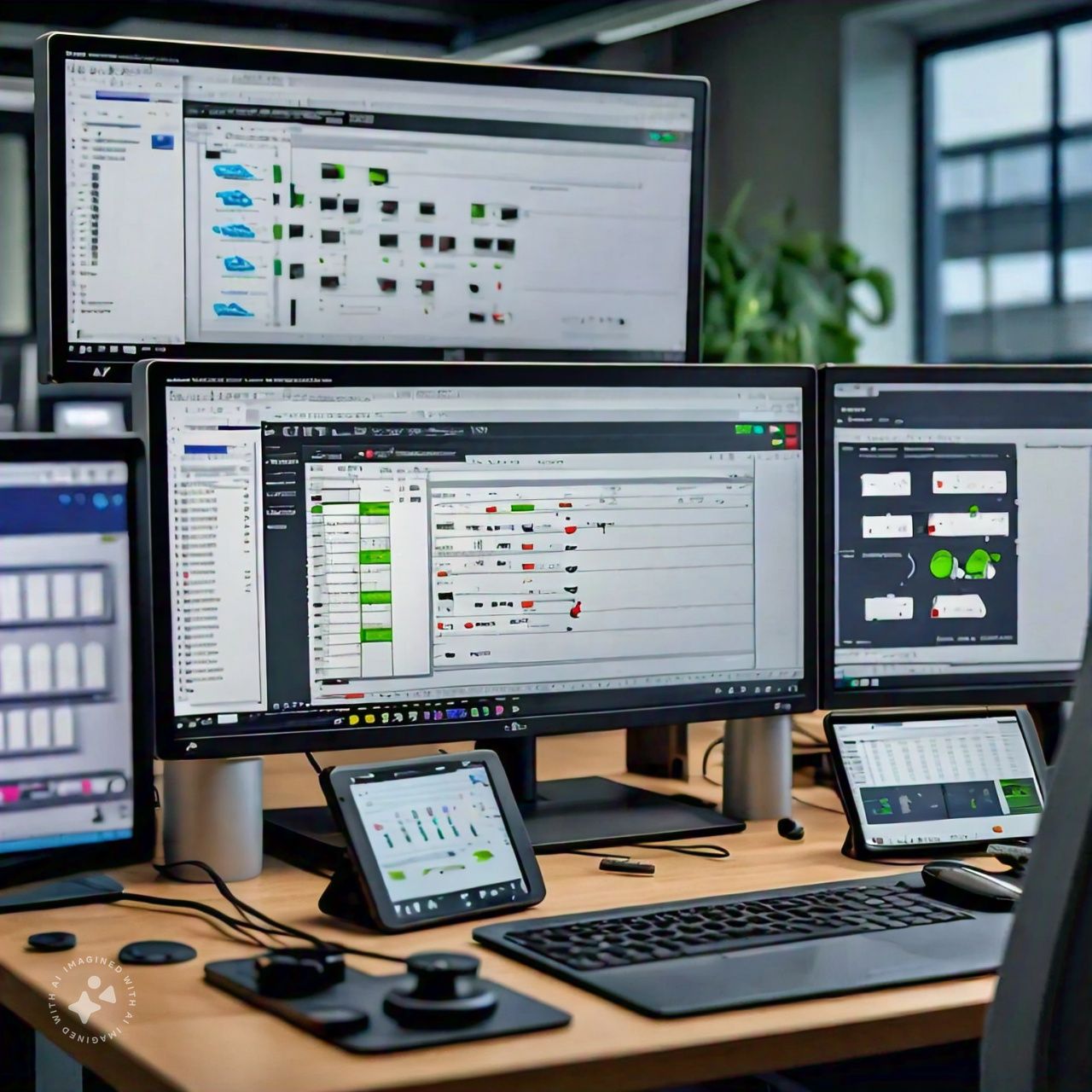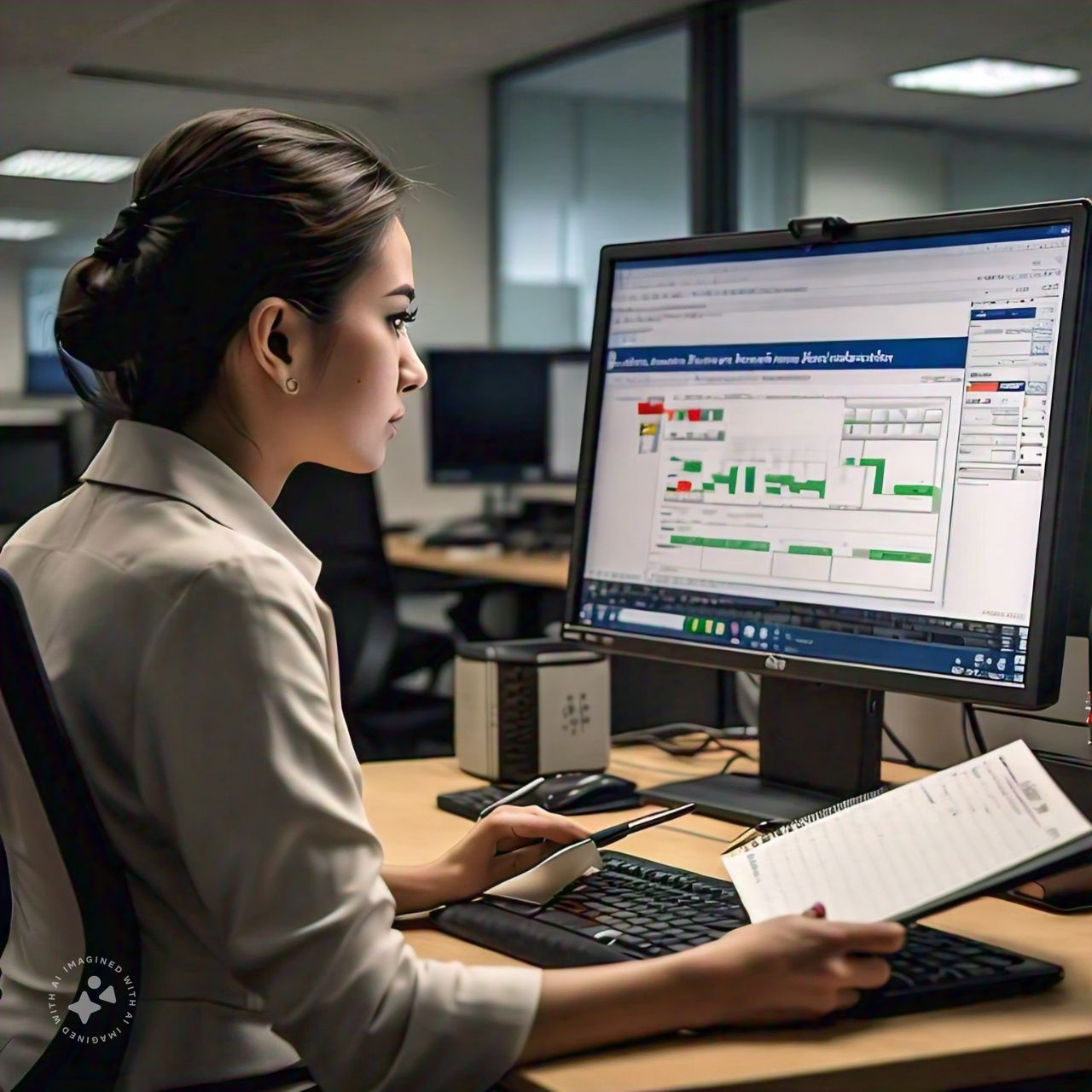
We offer comprehensive IT testing services, combining deep expertise and innovative approaches to deliver reliable, high-quality solutions that meet the unique needs of our clients.
Manual testing is a software testing technique where testers execute test cases manually without automation tools or scripts. This method compares the actual outcome of an application with the expected outcome by following predefined test steps. Testers interact with the application just as end users would, identifying bugs, issues, and inconsistencies. Manual testing is ideal for exploratory, usability, and ad-hoc testing, where human judgment is crucial to find problems that automated tests may miss. It allows testers to assess the user experience and functionality, making it an essential part of the overall testing process.

Automation testing is a software testing technique that uses specialized tools and scripts to compare the actual and expected outcomes of an application. It streamlines the testing process, offering faster and more accurate results compared to manual testing. By automating repetitive tasks, testers can focus on complex scenarios that require human intervention. Test scripts simulate user behavior, ensuring all features function as intended. Automation is valuable for large-scale applications and regression testing, as it allows frequent, consistent tests to detect issues from code changes. Overall, automation enhances the efficiency, accuracy, and reliability of the software testing process.

Security testing is a software testing technique focused on identifying vulnerabilities and threats in an application or system to protect against unauthorized access and data breaches. It ensures that security measures, such as authentication, authorization, encryption, and data integrity, function as intended. The testing also addresses common threats like SQL injection, cross-site scripting (XSS), and denial-of-service (DoS) attacks. Security testing verifies compliance with security standards and regulations, helping prevent breaches that could harm an organization's reputation or cause financial loss. Early identification and resolution of security flaws are critical for safeguarding both the application and its users from evolving threats.

Cloud testing is a software testing technique that uses cloud environments to test applications and systems. It involves testing functionality, performance, and scalability by running applications on cloud-based infrastructure instead of traditional setups. Cloud testing simulates real-world conditions using remote servers, networks, and storage, providing a flexible, scalable testing environment. It helps evaluate application behavior under different workloads and geographic locations. Cloud testing enables resource scaling and quicker deployment, making it ideal for high-availability, resource-intensive applications. This approach also reduces infrastructure costs and ensures that cloud-based applications are reliable, secure, and capable of handling varying user traffic.

ERP testing is a software testing technique designed to evaluate the functionality, performance, and integration of Enterprise Resource Planning (ERP) systems. It ensures that all modules, such as finance, supply chain, human resources, and customer management, work seamlessly together and meet business requirements. ERP testing involves validating business processes, data flows, and user interfaces, while ensuring accuracy across different departments and third-party systems. It also checks system performance under peak loads and large data volumes. This testing ensures customizations function correctly and do not disrupt the system, minimizing risks and ensuring smooth operation of business-critical functions.

Ready to take the first step towards unlocking opportunities, realizing goals, and embracing innovation? We're here and eager to connect.
